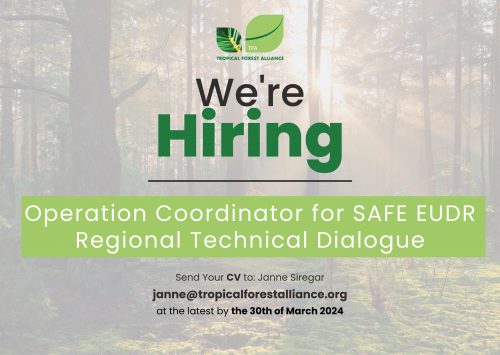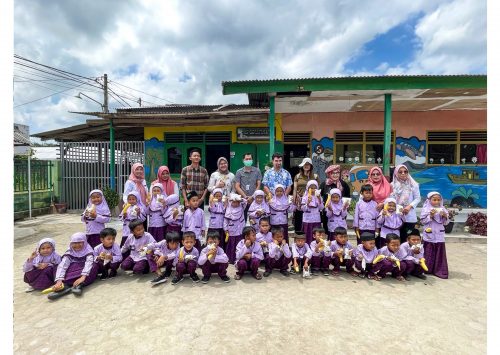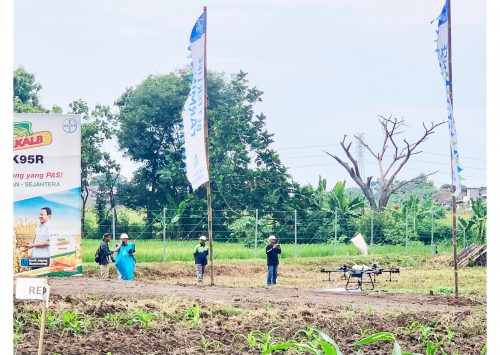The two-day training consisted of the sharing of Japan experiences in efforts of global warming countermeasures as well as site visit to see practical implementation on the ground by Japanese company. Since 2006, as shared by the Climate Change Policy Division, MOEJ, Japan has enforced one-gate accounting and reporting system that requires entities emitting considerably large amounts of GHG to calculate their emissions and report it to the Government. “12.432 entities and 1.353 transport services entities reported through this system in Japan Financial Year 2015”, said Division Chief, Yuhei Iino. The participation of private sector in data reporting and climate actions in Japan as shared by LIXIL Corporation, housing and building industry, is not primarily due to regulation but more because of awareness on business risks and opportunities. “The environmental contribution of LIXIL’s products and services through innovative technology leading to low carbon and water saving starts from raw materials procurement, production, product use until the disposal”, said Toshihiro Kawakami, EHS Promotion Division.
Learning from the Japan experiences, BAPPENAS through PaSTI phase 2 in collaboration with related line ministries, in particular the Ministry of Environment and forestry, Ministry of Industry, Ministry of Energy and Mineral Resources, plans to develop synergized reporting platform that will help both state and non-state actor to report their GHG emissions. Together with this initiative, incentive mechanism will also be developed, in particular to encourage climate change actions among the private sector. “Two working groups will be established in PaSTI phase 2: Working Group for Integration System and Working Group for Incentive Mechanism”, said Dr. Ir. Arifin Rudianto, Deputy Minister of Maritime and Natural Resources Affairs, BAPPENAS.








